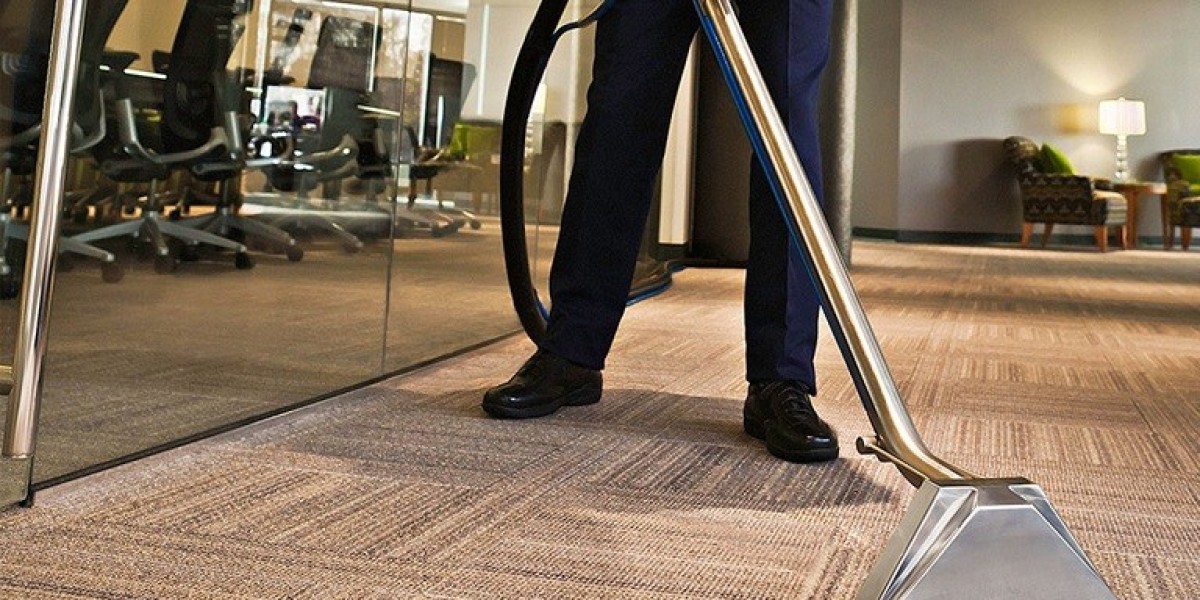Understanding Table Drills: A Comprehensive Guide for Coaches and Athletes
Table drills are necessary for groups and professional athletes looking to fine-tune their abilities, system understanding, and overall efficiency. Whether in basketball, soccer, or any group sport, these drills can significantly boost interaction, teamwork, and technique execution. This thorough guide will dive into the intricacies of table drills, explore their advantages, supply examples, and answer often asked questions.

What are Table Drills?
Table drills, also called chalkboard or whiteboard drills, are exercises designed mostly for the understanding of tactical elements of the video game. They typically include the coach drawing developments, movements, or plays on a board while players imagine and practice them. The objective is to integrate spoken instruction with visual representation, solidifying the players' comprehension of strategies and video game mechanics.
Advantages of Table Drills
Visual Learning: Many athletes are visual learners; they comprehend concepts much better when they see them represented graphically.
Boosted Communication: Table drills encourage discussion between gamers and coaches, promoting a team-oriented state of mind where everyone understands their role.
Safe Environment for Learning: These drills make it possible for players to master techniques without the physical dangers associated with on-field practices.
Quick Adaptation: Coaches can quickly show and describe variations of plays or changes during practice, permitting quick knowing.
Retention of Tactics: Bohrmaschine Kaufen The mix of seeing and going over helps players internalize tactics, leading to much better on-field execution.
Different Types of Table Drills
Here's a breakdown of table drills divided by sport type:
1. Basketball
| Drill Name | Function | Description |
|---|---|---|
| Offending Sets | Comprehending developments | Gamers picture various offensive plays and Akkubohrmaschine Kaufen (git.hundseth.com) formations. |
| Movement Patterns | Learning gamer movement | Coaches describe and show player motions within a play. |
| Protective Strategies | Tactical modification | Review defensive setups and adjustments based upon opponent developments. |
2. Soccer
| Drill Name | Function | Description |
|---|---|---|
| Formation Breakdown | Understanding formations | Examine and go over various formations and their strengths. |
| Set-Piece Strategies | Preparation special situations | Talk about tactics for free kicks, corners, and throw-ins. |
| Video game Scenarios | Choice making | Produce hypothetical match situations for players to fix. |
3. Football
| Drill Name | Purpose | Description |
|---|---|---|
| Playbook Review | Orientation with plays | Coaches evaluate specific plays with diagrams and player functions. |
| Situational Planning | Game-time choice making | Go over methods for specific video game scenarios (e.g., 2-minute drill). |
| Placing Exercises | Learning role-specific methods | Break down duties based on field placing and developments. |
How to Implement Table Drills Effectively
Executing table drills effectively needs preparation and purpose. Here's how coaches can guarantee their effectiveness:
Set Clear Objectives: Define what the group requires to achieve with the drill. Is it to understand a new development or enhance communication?
Usage Visual Aids: Make usage of diagrams, markers, and digital tools to highlight concepts efficiently.
Engage Players: Encourage players to ask questions and actively participate in discussions related to the drill.
Practice Regularly: StäNderbohrmaschine Consistent incorporation of table drills into session creates a routine, assisting players become familiar with the strategies discussed.
Feedback Loop: After conducting table drills, collect feedback from gamers, resolving any confusion and highlighting effective techniques.
Integrating Table Drills into Training Sessions
To make the most out of table drills, integrating them into a routine training routine is essential. Here's a sample weekly training strategy integrating table drills:
| Day | Activity | Focus | Duration | |
|---|---|---|---|---|
| Monday | Table Drill (Basketball) | Offensive Sets | Thirty minutes | |
| Tuesday | Field Practice (Soccer) | Free Play | 60 minutes | |
| Wednesday | Table Drill (Football) | Playbook Review | Thirty minutes | |
| Thursday | Simulation Practice (All) | Game Scenarios | 60 minutes | |
| Friday | Table Drill & & Scrimmage Review & Execute | 90 minutes Saturday Review Session Methods Discussion Thirty minutes | Sunday Rest or Recovery Day Regularly Asked | Questions(FAQ)Q1: What sports take advantage of |
| table drills | ? A: Table drills are advantageous for |
a variety of sports consisting of basketball, soccer, football, volleyball, and hockey, to name a few
.Q2: How can I enhance my athlete's engagement in table drills? A: To improve engagement, include athletes by asking to describe strategies, triggering conversations around variations, and using interactive tools. Q3: How typically should tabledrills be carried out? A: The frequency depends on the season; nevertheless, including them weekly can assist reinforce tactical knowing and ability advancement.
Q4: Are table drills beneficial for individual
sports? A: Yes, table drills can be adapted for individual sports by focusing on strategy and situational decision-making rather than group plays.
Table drills serve as a powerful tool in
the coach's arsenal, boosting not only the understanding of tactical aspects but also improving team cohesion and interaction. By incorporating these drills into routine training sessions, coaches can effectively prepare their professional athletes for the nuanced needs of competition. As groups make every effort for excellence, mastering table drills might be the distinction in between winning and losing on the playing field.







